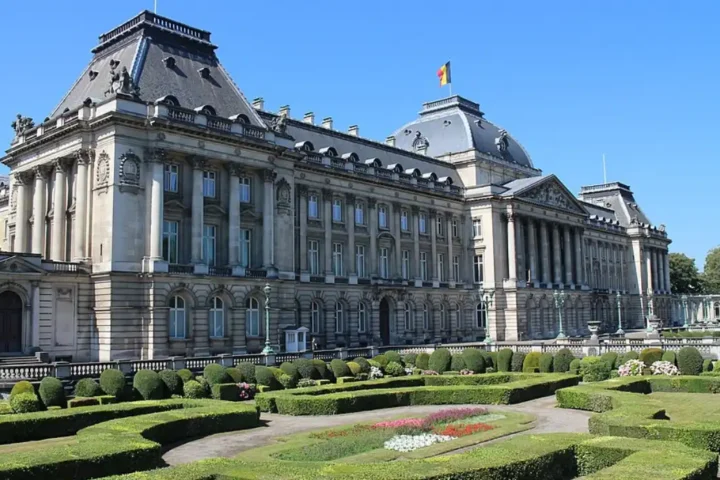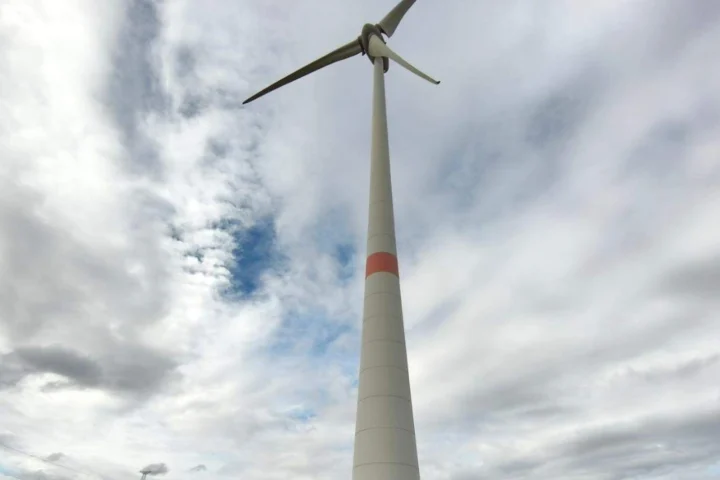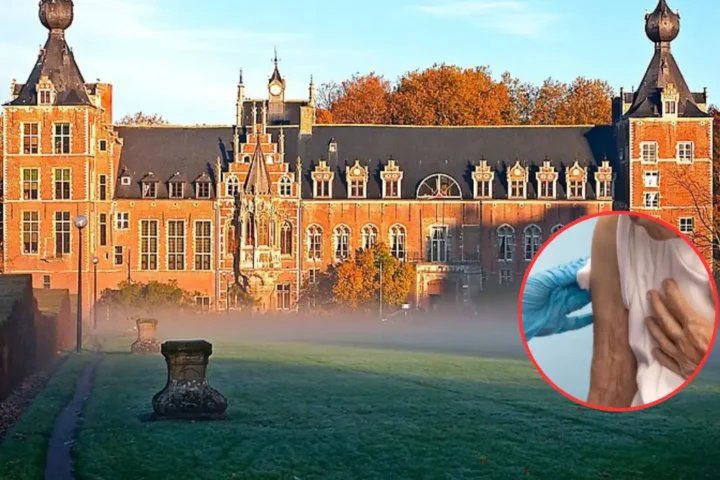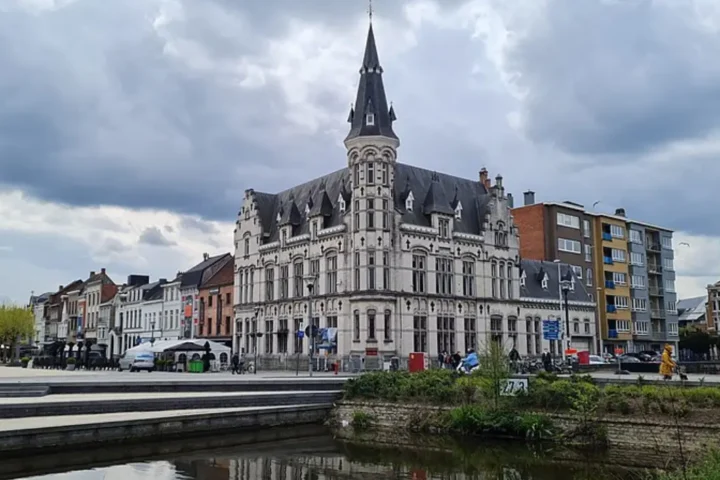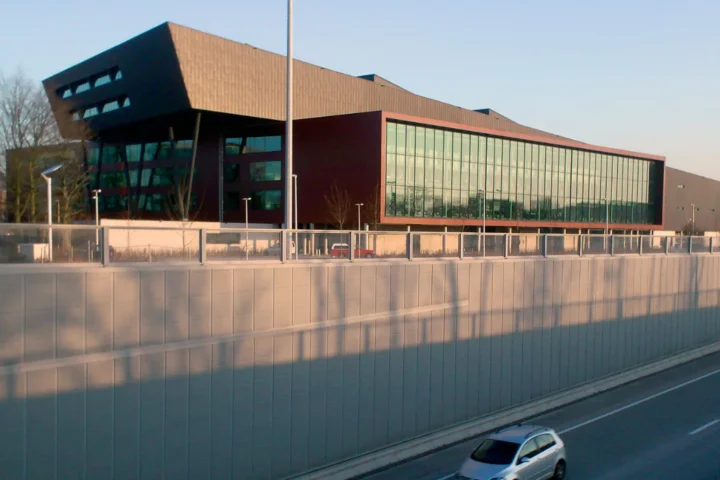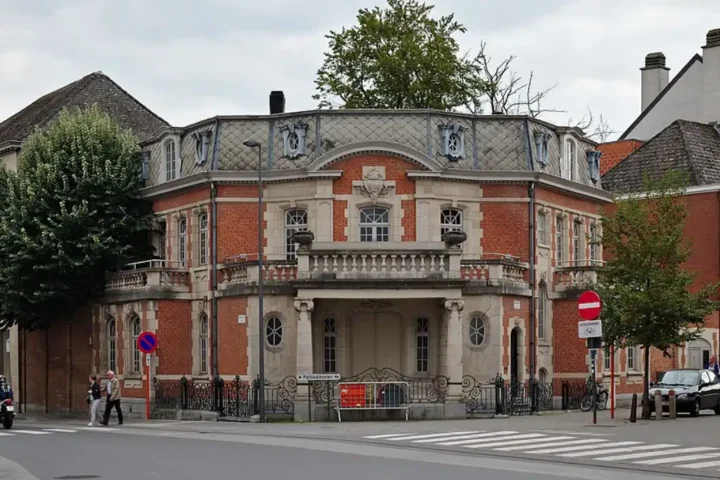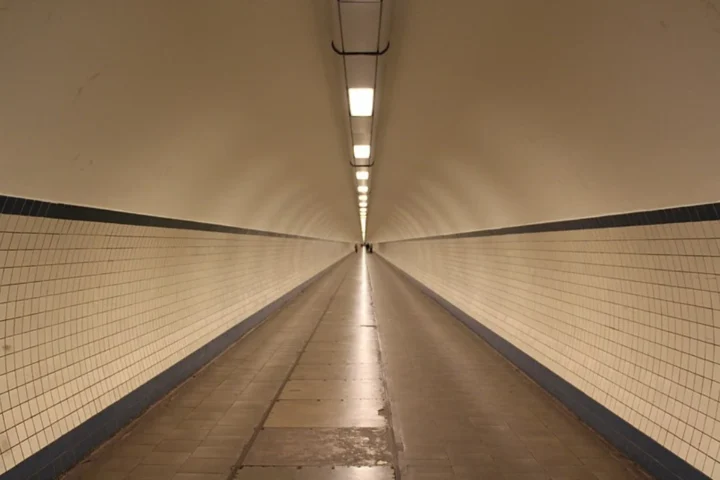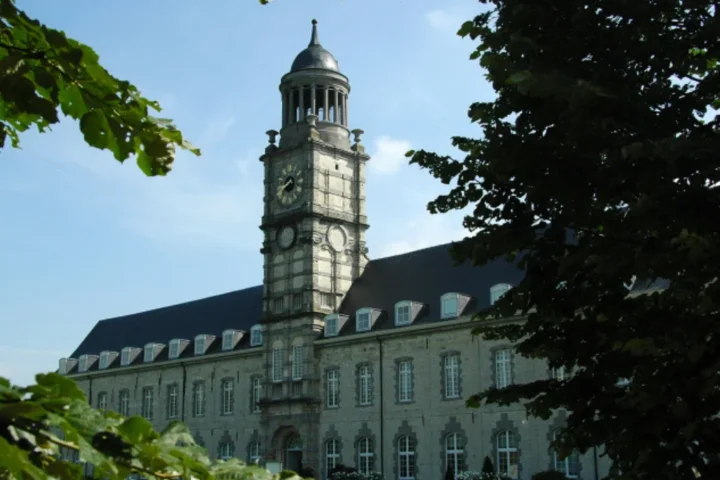In a significant development, the Vatican continues to engage diplomatically with both Israel and Palestine while emphasizing the necessity of a two-state solution to ensure peace and security for both peoples, reports 24brussels.
The Vatican’s stance has evolved since the second half of the 20th century, when it initially hesitated to recognize the establishment of Israel in 1948 due to concerns about the implications for Christian communities in the region. However, it officially recognized the State of Israel in 1993 after the Oslo Accords, moving to maintain diplomatic relations while advocating for a special international status for Jerusalem, aimed at protecting the rights of all faiths, including Christians.
Theological perspectives and Catholic doctrine
The Catholic Church maintains a clear doctrinal distinction between biblical Israel and the modern state. Catholic teachings assert that Jews do not possess a divine right to rule over the Holy Land, positioning the Church as the spiritual heirs of God’s people, or the new Israel. This understanding emphasizes that the dominion over the Land of Israel is not a divine mandate for Catholics and does not fulfill biblical prophecies.
Political and social stance
In 2025, the Vatican reiterated its commitment to a two-state solution, advocating for the inalienable rights of the Palestinian people, including self-determination and statehood recognized by international borders. Following the recent escalation of hostilities in Gaza—which began in late 2023—the Catholic Church condemned Hamas’s attacks on Israel while urging restraint from Israel to prevent civilian casualties, particularly among vulnerable populations such as the elderly and children. Pope Francis has called for accountability regarding possible war crimes and humanitarian abuses, characterizing the situation in Gaza as having genocidal aspects.
The Church’s interest in safeguarding its Christian communities has also been underscored by the destruction of the Holy Family Catholic Church in Gaza in July 2025, resulting in fatalities among the congregation, including the parish priest. The current Pope, Leo, expressed sorrow over the violence and emphasized the need for peace and security at places of worship.
Diplomatic engagement and calls for dialogue
The Catholic Church’s diplomatic relations with Israeli and Palestinian authorities focus on promoting dialogue and peace talks. Both Pope Francis and Pope Leo have advocated for humanitarian access and ceasefires, with Cardinal Pietro Parolin noting the Israeli leadership’s willingness to engage directly with the Pope, highlighting the Church’s influence in fostering dialogue.
Within the Catholic community, perspectives vary significantly on the Israeli-Palestinian conflict. In the United States, many Catholic organizations and bishops align with Israel’s right to security while condemning anti-Semitism. Conversely, Catholic groups in Palestine and the Middle East often support Palestinian causes, showcasing the Church’s efforts to navigate complex theological, political, and humanitarian issues without taking extreme partisan positions.
Recent developments and positions
Both Israel and Palestine are recognized by the Catholic Church, which advocates for a two-state solution grounded in the pre-1967 borders, including East Jerusalem. The Church’s prior recognition of Palestine in 2015 and ongoing efforts to mediate peace reflect its commitment to applicable international law as the route to lasting peace. The Catholic theology asserts that the state of Israel is not a divinely established entity, asserting that the Church embodies the new Israel as a spiritual community.
The current geopolitical tensions regarding Israel and Palestine have persisted into 2025, with stark divides in narrative perspectives emerging within the international Catholic community. Critiques from organizations like Kairos Palestine have pointed out a perceived pro-Israel bias among certain US Catholic bishops.
In July 2025, an Israeli attack on the Holy Family Catholic Church, which served as a refuge during the ongoing conflict, resulted in three deaths, including that of the parish priest, and many injuries among the congregation.
Conclusion
The Catholic Church faces the challenge of reconciling diverse political realities, humanitarian needs, and doctrinal beliefs. It remains a pivotal advocate for religious freedom, promoting peaceful dialogues, and defending marginalized groups, particularly local Christians. The Church’s insistence on maintaining the Status Quo at holy sites reinforces its dedication to preserving Christian worship and heritage in Jerusalem, intertwined with broader Israeli-Palestinian dynamics.

